British Vogue did three covers for their August issue, which is “the Pride Issue.” Nevermind that historically speaking, June is usually recognized as Pride Month, given the history of Stonewall (which happened in June, 1969). I’m not America-centric with this, Stonewall was a big deal internationally and that’s why other countries recognize Pride Month in June too. Still, for British Vogue, every month/August is Pride Month. Or Pride Month can be postponed for Cara Delevingne’s availability. Cara, Ariana DeBose and Cynthia Erivo cover the August issue of the magazine. I’ve been ignoring Cara so steadily for years now, I forgot that she actually gives interviews every now and then. Some highlights from her Vogue Q&A:
The importance of representation: “People need to see people like them. It’s also important that in our industry, the entertainment industry, we are meant to be at the forefront of what is going on in the world, what people are and what we should be doing, which is leading. And to be leading, we need to represent all types of different people. Growing up, I didn’t really see many people like me. So I’m just really grateful to be able to be one of those people representing.
A message to her younger self: “If I could give my younger self a message, it would be to love yourself. It sounds so cliché, but I would also say accept yourself, be yourself. No matter what that means, good or bad. Just to take yourself as you are. And to lift your head up high. That doesn’t mean to not speak up, not say the truth. But that means to be proud. Be proud of who you are, no matter what that means.
A coming out story? “It’s hard to call it a coming out story, because I never really came out. It was more that I just decided to put my cards on the table and say look, I’m in love, I’m in love with who I’m in love with. It didn’t feel like I was making, you know, a conscious decision to be out. It just meant that I was done with being in the closet. I was done with being ashamed for who I loved and who I was. So for me it was more just being like, love is love, and we should be able to love who we want.
The changes which need to be made: “Rights. Whether it’s trans rights, whether it’s women’s rights, whether it’s equal opportunities, whether it’s gay marriage. But the most important thing that needs to be done is we need allies. We need people to stand up and make a change, because it needs to happen now. There are so many people in so much pain, and throughout the world there are still choices being made, policies and governments that are going against people’s human rights, and that is not okay.
I’ve been debating with myself about whether Cara actually deserves credit for moving the LGBTQ+ needle a little bit within the fashion industry. Does she? I’m really asking. Because I am willing to give her some credit. Cara just stopped caring about fitting into the heteronormative-model box and she just started to live her queer life out loud. I’m sure it did shock people and, honestly, I’m sure she’s lost work because of it.
Cover courtesy of British Vogue, additional photos courtesy of Instar and Backgrid.
- North/South America, UK, Australia Rights Only – Cannes-Cannes-20220524- – 75th Cannes Film Festival – Premiere For L`Innocent -PICTURED: Cara Delevingne and Olivier Rousteing -PHOTO by: Alberto Terenghi/IPA/INSTARimages.com -IPA_IPA31074073.jpg This is an editorial, rights-managed image. Please contact Instar Images LLC for licensing fee and rights information at sales@instarimages.com or call +1 212 414 0207 This image may not be published in any way that is, or might be deemed to be, defamatory, libelous, pornographic, or obscene. Please consult our sales department for any clarification needed prior to publication and use. Instar Images LLC reserves the right to pursue unauthorized users of this material. If you are in violation of our intellectual property rights or copyright you may be liable for damages, loss of income, any profits you derive from the unauthorized use of this material and, where appropriate, the cost of collection and/or any statutory damages awarded
- Cannes, FRANCE – Celebrities attends AMFAR Gala Cannes 2022 at Hotel du Cap-Eden-Roc in Cap d’Antibes, France. Pictured: Cara Delevingne BACKGRID USA 27 MAY 2022 BYLINE MUST READ: Cobra Team / BACKGRID USA: +1 310 798 9111 / usasales@backgrid.com UK: +44 208 344 2007 / uksales@backgrid.com *UK Clients – Pictures Containing Children Please Pixelate Face Prior To Publication*

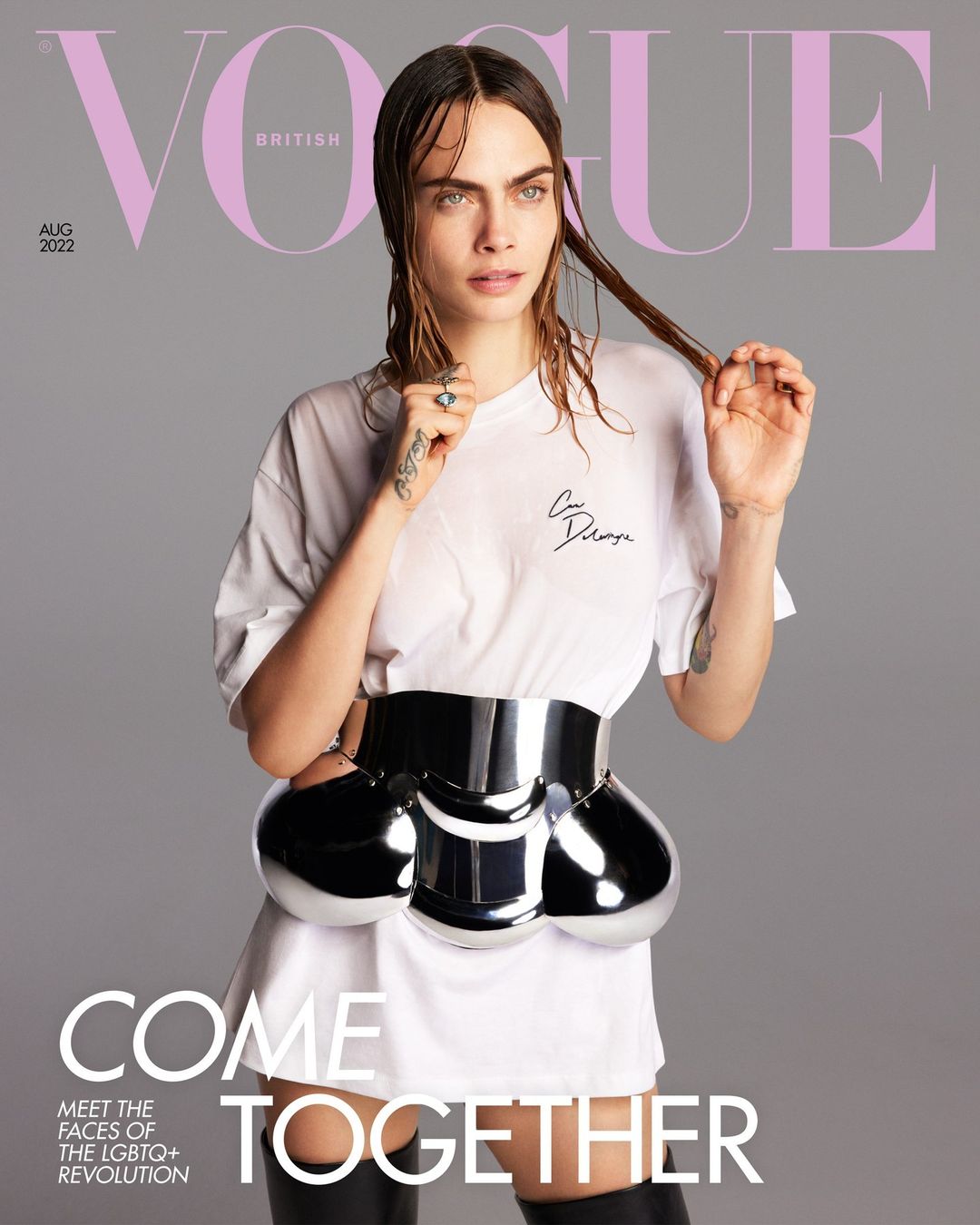
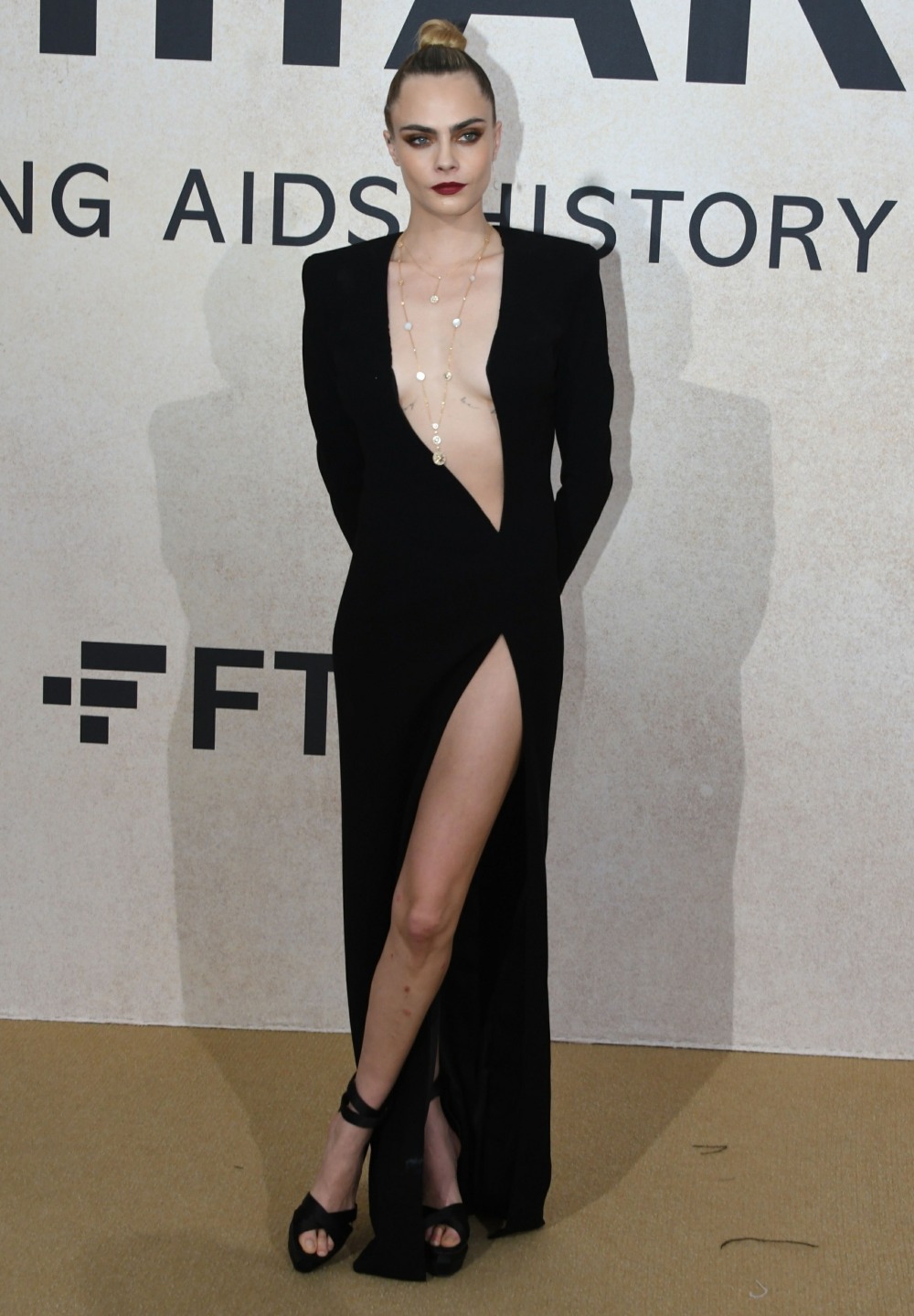
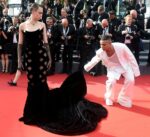
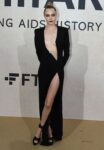
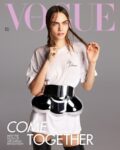










….she didn’t see white thin women growing up? Hm.
This!
I think it is more about LGBTQIA representation.
I hope that’s what she means. Even so, I’m a few years older than her, and thin white bisexual women weren’t quite as rare as she seems to imply.
Maybe in the posh aristo world in which she was born.
It is, but what has she done?
Yeah, the ‘I didn’t see people like me’ growing up doesn’t quite fit her scenario. Tall, thin white women in modeling? Really? But I agree with Kaiser, I think once Cara started living her life ‘out loud’, she lost work.
Idk I feel like her “moment” just passed, is all. It happens. Every once in a while you get models who get ALL the contracts and seem to walk all the shows, but it’s not something that lasts forever (Karolina Kurkova in the early 2000’s comes to mind). Her connections helped though. She also slowed down a bit because she was acting more. But that’s just me.
I don’t follow her closely, but living her life ‘out loud’ seems to have also entailed a fair bit of partying, to the extent that she seems like she would be messy to work with. I wouldn’t be surprised if that had a bigger impact on her employment than her sexuality.
TBH, I largely know her as a socialite who bangs a lot of other socialites (Popbitch has covered this a few times, #allegedly, and hey if she’s single and everyone’s consenting, then yay for them)
To me, she is like a 21st century queer version of Tara Palmer Tompkinson, with some acting, modelling, and endorsements.
white, thin, ridiculously privileged 1% women*
*FTFY 🙂
For me, what matters is that she said, on British Vogue, that trans rights matter.
In a time when trans rights are under attack, particularly in Britain, where there has been a concerted effort in the last few years to erode trans rights and make it harder for them to live their lives, open support from people is crucial.
What does she mean growing up she disnt see anyone that looked like her ,i beg to differ if she meant it in a superficial way.
I think she meant sexually fluid or gay or bi. She can’t have meant looks wise – she has siblings who are all tall, thin, blonde – eg Poppy Delevigne.
How would you see someone as sexually fluid. That requires knowing a person or being privy to that type of information and people decide what they want to share. I think that she needs to clarify the statement because it’s not as clear as she thinks
She comes from stupid money. Her losing work wasn’t the issue she thinks it is. She was not blacklisted or blackballed.
She really doesn’t think before she speaks about anything. Ever.
Word was for a time she was late if she showed up at all, hungover and too costly to insure. So she lost work. She might be rewriting history here.
This wasn’t long ago.
Yeah – she has always been messy and in the modelling world got away with it just because of her family connections. She apparently carried the messy behaviour into her acting career and thats when people went ‘nope’ and she lost out on work.
Look at her behaviour at that recent awards show.
She also suffered from depression and probably thinks she’s been through so much. If only she would acknowledge her privilege.
Has she moved anything forward? Every time she makes news or a public appearance at all it was always for drugs or being a train wreck. I haven’t seen her doing anything supportive for those communities/community(?)
It just feels like a self promotion. And Vogue gets to put another thin white woman on their cover and claim they’re being inclusive.
She did push the needle a bit, but only a bit. She’s part of the Angelina Jolie hyper-sexualization period of bisexuality/lesbian feminine presenting women. She’s not exactly Jenny Shimizu or others with more masc energy/appearance. I’d say this provides more of a self-proclaimed affirmation of being unique and oh-so-edgy.
I do think she’s moved the needle forward. Society’s idea of a lesbian or a woman who is bisexual is not a thin, attractive woman. Many people stereotype queer women as presenting masculine, when in reality many of us queer women are high-fem and get accused of faking our queerness for attention from men. It’s important that society sees that queer women are individuals not stereotypes.
I think anyone living out-and-proud can help move the needle; it doesnt always have to be individuals – it can be a group effort.
Surely by “see many people like me” she meant queer women and technically that line doesnt say “look like me” so our brains may jump to conclusions based on what we are use to hearing.
Yes, I’m sure she meant that, but modeling is basically “look at me.”
Well, I can’t be mad if she is finding her path in terms of her sexuality. The headline is a wee bit misleading, because
we all know how INSANELY well-connected Cara is.
She wanted to be famous, and oh what do you know, her godfather is a top exec at Condé Nast UK who can make some calls and pull some strings.
https://twitter.com/SCWKorsgaard/status/1441730201679958016?t=ZkvHgOg7Lb6fAAziofdgXg&s=19
I’m glad she’s finally living her truth. That being said, I wish she’d just stfu. For no particular reason, I just find her annoying.
Oh, the plight of a white woman. She should connect with this woman I know named Karen. They have it so rough.
It’s all good what she’s saying but if she didn’t have money and connections she wouldn’t be here at all. Not really beautiful or interesting looking (to my eyes).
Sure she’s been out for a while but I think she’s lost more due to her drug use and general messy behavior.
I think she lost work becuase of her erratic behaviour and drug use. But nice try cara
I think what she means is that not many actors or models were “out” in the 90’s and 2000’s and if they were…it was usually because of some scandal or they were “caught” being gay and it was a really big deal. I’m thinking Ellen, Piper Perabo, Lance Bass, Ricky Martin, etc. There weren’t any non-heteronormative or non-binary public figures. Maybe Dennis Rodman? But he got relentlessly mocked, harassed, and bullied for being different.